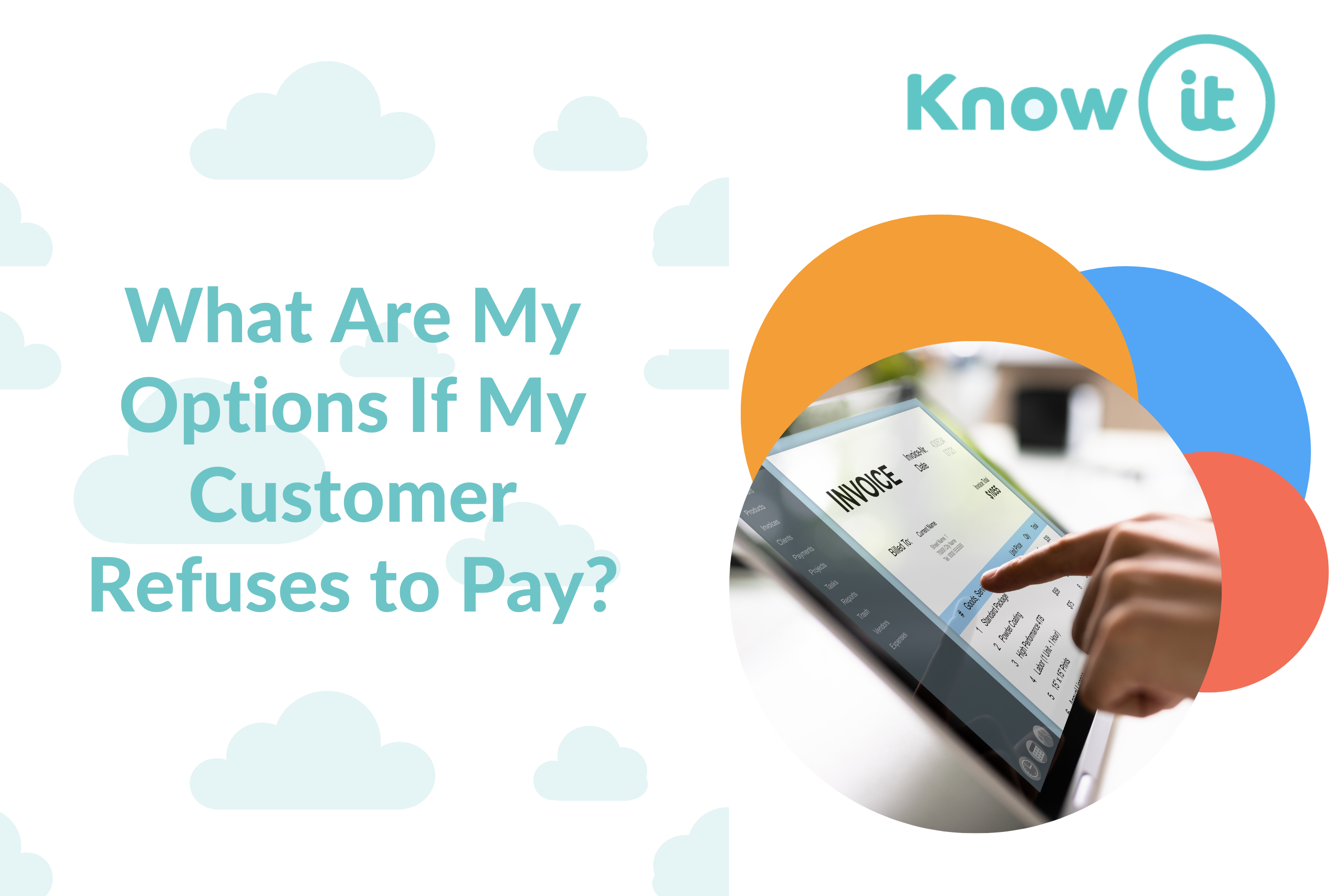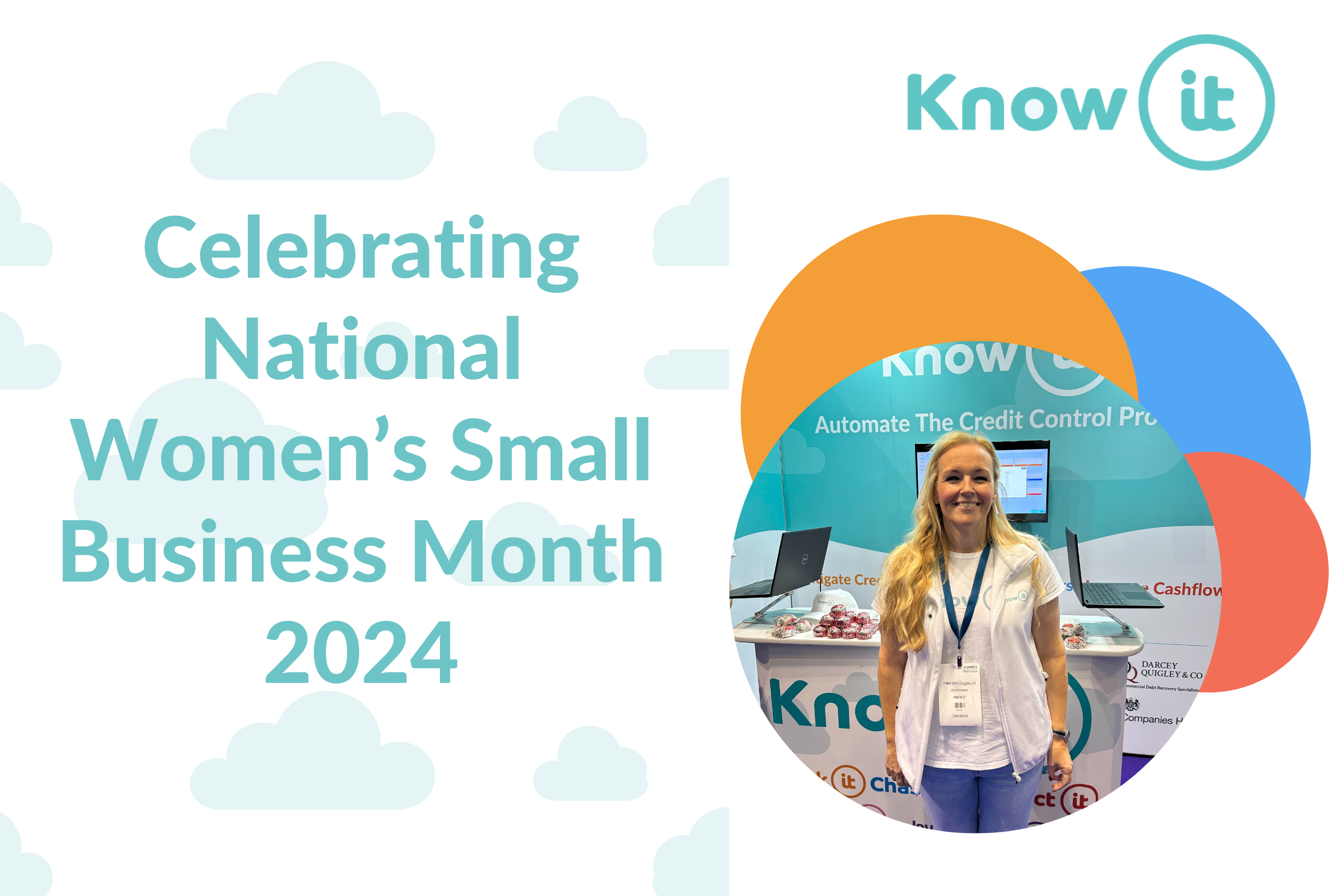What Should You Include in Your Invoice Template?
As a UK business owner, it’s crucial to ensure that your invoices are comprehensive, clear, and legally compliant. A well-prepared invoice not only facilitates prompt payment but also serves as a vital document in case of disputes. Here’s what you should include in your invoice, along with tips on how to write it to make it as complete as possible.
Most invoicing or accounting software will help you build your invoice to be as comprehensive as possible, however, the data included in those ready-made invoice templates rely on your input in those systems.
Essential elements to include in your invoice!
Business information:
- Your business name: The legal name* of your business.
- Business address: Include your registered office or trading address.
- Contact information: Phone number, email address, and website (if applicable).
- Company registration number: If you are a limited company, include this.
- VAT number: If your business is VAT registered.
*Including the legal business names on invoices ensures clear identification of both parties, ties the invoice to existing contracts, and is crucial for legal enforceability and tax compliance. Failure to do so can lead to payment disputes, legal challenges, and issues with tax reporting, increasing the risk of fraud and misidentification.
Customer Information:
- Customer name: The legal name* of the customer or business.
- Customer address: Include their billing address.
- Contact information: A contact person, email, or phone number.
*Including the legal business names on invoices ensures clear identification of both parties, ties the invoice to existing contracts, and is crucial for legal enforceability and tax compliance. Failure to do so can lead to payment disputes, legal challenges, and issues with tax reporting, increasing the risk of fraud and misidentification.
Invoice details:
- Invoice number: A unique identifier for each invoice.
- Invoice date: The date when the invoice is issued.
- Due date: The date by which payment is expected, based on your payment terms.
Description of goods/services:
- Itemised list: Detailed description of the products or services provided.
- Quantity and unit price: Number of items/services and the price per unit.
- Total amount: Breakdown of subtotals, including any discounts applied.
Payment details:
- Total amount due: The total amount payable, including VAT.
- Payment terms: Clarify when payment is due (e.g., “Payment due within 30 days”).
- Accepted payment methods: Specify how you prefer to be paid (e.g., bank transfer, credit card).
- Bank details: If accepting bank transfers, include your bank name, account number, and sort code.
VAT Details:
- VAT rate: Specify the VAT rate applied to each item.
- VAT amount: Clearly state the VAT amount charged.
- VAT exemptions: If any items are exempt, indicate this.
Legal and Additional Information:
- Late payment terms: Include details of any penalties for late payment.
- Dispute resolution: A statement on how disputes will be handled.
- Returns policy: If applicable, include your returns or cancellation policy.
- Data protection notice: Ensure compliance with GDPR if you store customer data.
Common mistakes to avoid:
With 17+ years of experience in debt recovery, our partner Darcey Quigley & Co. has encountered many common mistakes that often lead to disputes, legal challenges and eventually debts needing to be written off. Those mistakes are easy to avoid!
- Missing information: Failing to include crucial details like the invoice number, legal company name, or payment terms can lead to delays or disputes.
- Incorrect calculations: Errors in adding totals or VAT can cause confusion and disputes.
- Vague descriptions: Not providing enough detail on the goods or services supplied can lead to misunderstandings.
- Ignoring payment terms: Not specifying clear payment terms can result in delayed payments.
- Failure to follow up: Not following up on overdue invoices can hurt cash flow. Be proactive in reminding clients of their payment obligations.
- Lack of documentation: Be prepared to provide supporting documentation, like accepted quotes, contracts or purchase orders, if a dispute arises. Keep written proof of agreements and exchanges (SMS, Letters, Emails, …)
An invoice lacking the required details might not hold up in court, making it difficult to enforce payment. Non-compliant invoices can also result in fines or penalties from HMRC for VAT or other tax issues.
We have even more details about what to include in your invoice template in our FREE ebook! Download it here!


































